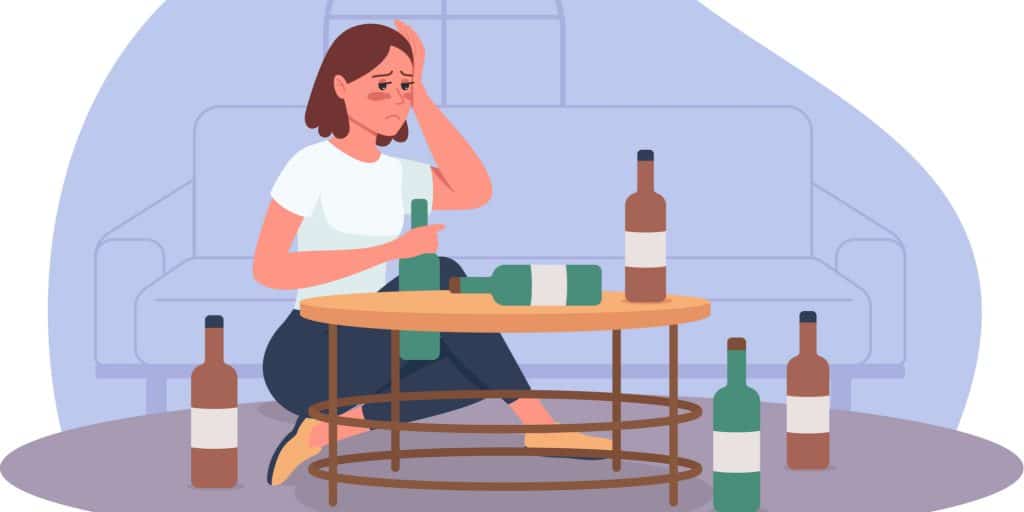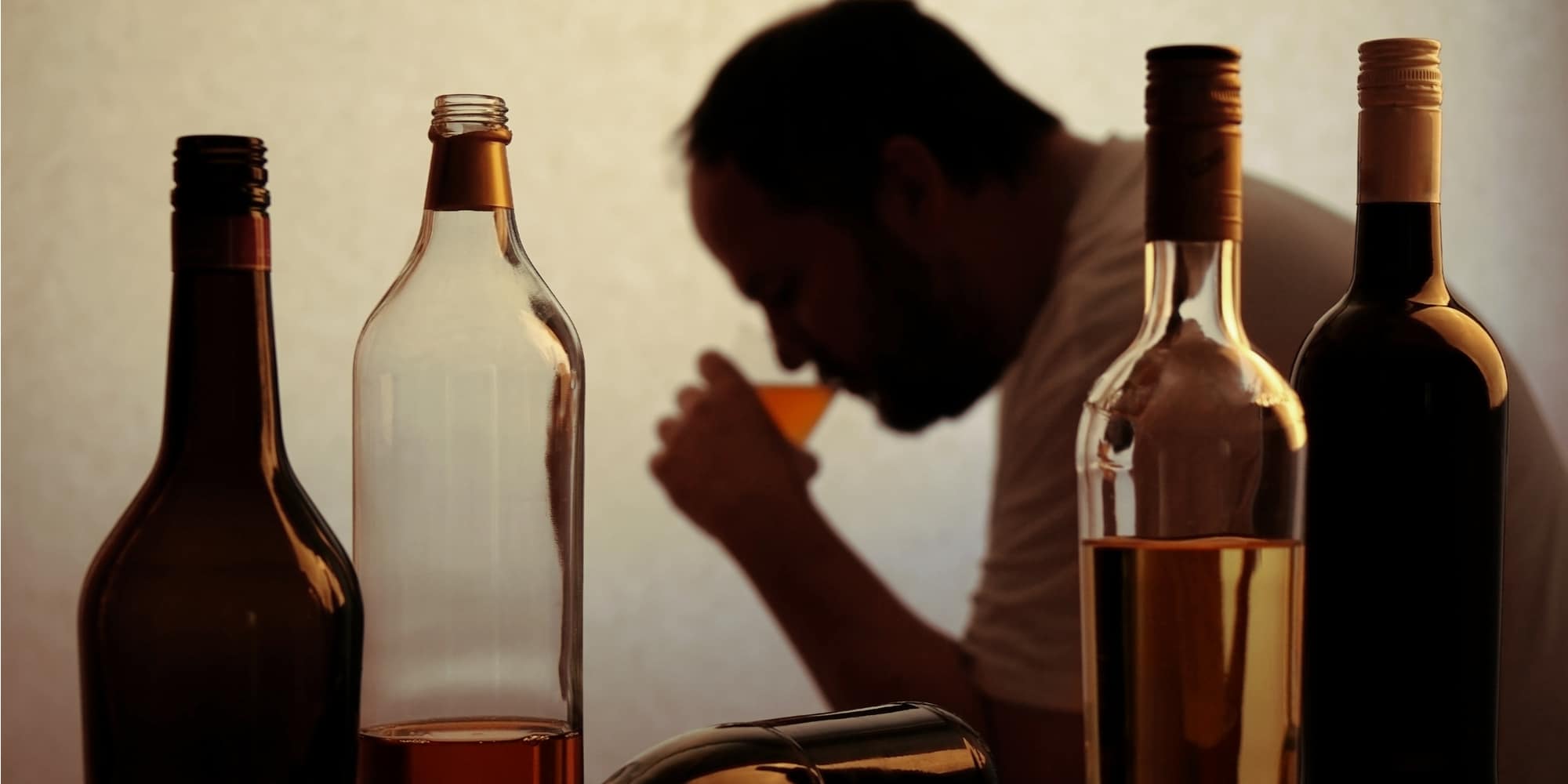When problems arise and stress is heightened, drinking to forget your troubles can be appealing. However, when you lean on alcohol to alleviate discomfort, you’re replacing healthy coping mechanisms with a pattern of drinking. When this occurs, drinking to forget problems then paves the way to alcohol abuse and addiction. Learn more about the red flags to alcoholism, as well as what happens when you quit drinking to forget.
Drinking alcohol is a popular activity and, in many cases, is socially expected. This permissive attitude towards alcohol makes it easy to overlook the red flags that suggest alcohol abuse. However, learning to recognize drinking as a coping mechanism before a habit develops helps avoid addiction. If a dependency does occur, addiction treatment does more than help you physically eliminate alcohol. Alcohol rehab also helps you work through your reasons for drinking and teaches you healthy coping mechanisms to avoid relapse.
Defining Alcohol Abuse

Alcohol abuse occurs when a person continues to drink despite negative consequences (e.g., declining health, job performance, or family relationships). Constant heavy drinking, binge drinking, and emotional drinking can also be considered alcohol abuse. In this way, drinking to forget about life’s stressors is an indicator of substance abuse, especially if it entails blackout drinking.
On the other hand, alcohol dependency involves a physical (or mental) addiction to drinking alcohol. When a person is addicted to alcohol, they need it to function normally. Therefore, when a person is mentally leaning on alcohol to get through the week, they are priming themselves for physical addiction.
Other red flags to alcohol abuse include:
- Binge Drinking
- Emotional Drinking
- Making every occasion a drinking occasion
- Choosing to drink rather than attending events without alcohol
- Drinking alone or hiding alcohol use
- Drinking through hangovers
Ultimately, casual drinking can quickly turn into misuse, and any sign of substance abuse should be taken seriously.
What Happens When You Stop Drinking to Forget

Drinking is thought to provide an escape from reality and responsibilities by “numbing” a person to life’s nuances. However, when you do stop drinking to forget your problems, you can expect to face the issues you’ve been avoiding. In this way, alcohol does not alleviate life’s stressors. Rather, it compounds them by setting them aside for another time.
In addition to facing situational difficulties, when alcohol use is suddenly stopped the brain must also recalibrate. This is because alcohol has profound effects on brain chemistry. As the brain adjusts to functioning without alcohol, feelings of sadness, hopelessness, or a lack of motivation may surface. However, these feelings are usually temporary and treatable, and with continued abstinence, the brain will recover.
How Alcohol Rehab Programs Promote a Whole-Body Recovery
When you stop drinking to forget or dull down life, you can expect to confront reality while mentally and physically readjusting to life without alcohol. This can feel like a big task. However, it’s much more manageable with the help of professionals at an alcohol rehab center.
In alcohol rehab programs, psychotherapy is a cornerstone of the rehab schedule. This means that while your body detoxes and begins to heal, your personal history and reasons for numbing will also be evaluated. This evaluation is carried out without judgment in an effort to understand the reasons behind self-medication.
Other strategies to support mental health and self-realization in drug rehab include:
- Individual therapy to dive into personal motivations behind drinking
- Family counseling to allow for a family-wide understanding of excessive drinking
- Group therapy to explore different perspectives
- Recreational therapy for therapeutic outlets “outside of the office”
- Role-playing to practice healthier coping mechanisms
- Reviewing relapse prevention techniques to build confidence in living life without alcohol
Drug Rehab Centers in Central Florida
At The Blackberry Center in Central Florida, we understand that the risk of returning to alcohol abuse is greater when the emotional element is left out of recovery attempts. This is one of the reasons cold turkey is not the best method to quitting drinking. Therefore, our therapeutic approaches address all aspects of addiction. This includes traditional addiction counseling, mental health concerns, and mending personal relationships that have been harmed by drug or alcohol addiction. At our Central Florida Alcohol Rehab, we strongly believe in a holistic, comprehensive method of healing that addresses all facets of a substance use disorder.
To learn more about our accredited addiction treatment program contact our admissions team at (813) 908-4199 or fill out our confidential online form. At the Blackberry Center in St. Cloud, FL we want you to know that you do not have to recover alone. Together, we will work through any addiction and mental health concerns.

